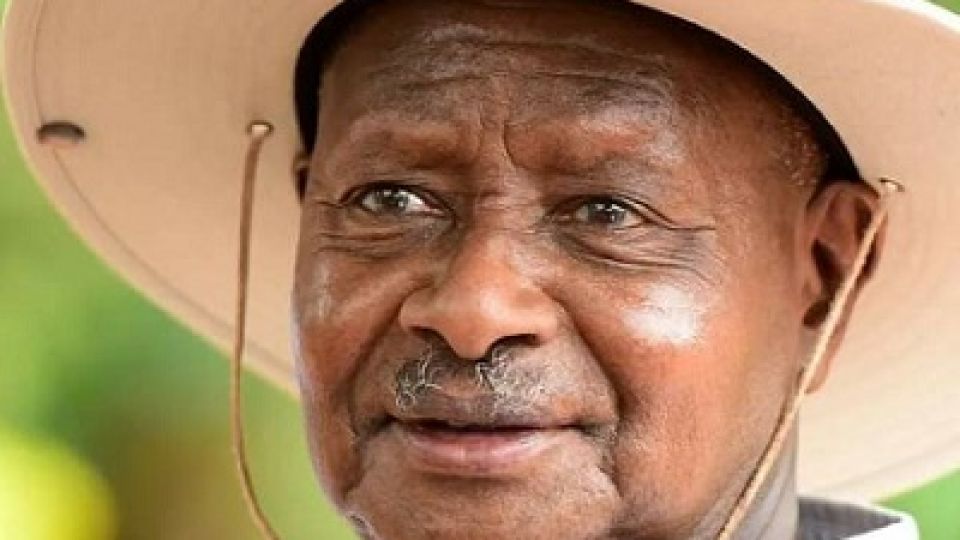from HASSAN ONYANGO in Kampala, Uganda
Uganda Bureau
KAMPALA, (CAJ News) – UGANDA’S Anti-Homosexuality Act has sent shockwaves through the human rights fraternity and elicited outrage from the West, where same-sex liaisons are widely accepted.
These liberties are frowned upon by most of the developing world, hence there was outcry when President Yoweri Museveni signed into law the Anti-Homosexuality Bill on Monday.
The European Union (EU) was among the first to raise concern at the law that introduces severe punishments, including the death penalty, to which the EU’s High Representative to Uganda, Josep Borell said was opposed in all circumstances.
The EU envoy said this law was contrary to international human rights law and to Uganda’s obligations under the African Charter on Human and People’s Rights, including commitments on dignity and non-discrimination, and the prohibition of cruel, inhuman or degrading punishment.
“The Ugandan government has an obligation to protect all of its citizens and uphold their basic rights. Failure to do so will undermine relationships with international partners,” Borrel said.
By this, the envoy was hinting at sanctions, which the West has previously used as a tool to whip into line developing countries defying its stance on such issues.
President Joe Biden was quoted as saying his United States administration might impose sanctions.
Former Congressional candidate, Barrington Martin II, criticised Biden.
“The President of the United States shouldn’t be concerned with cultural and social affairs in Uganda,” he said.
“He’s the President of the United States, not the President of homosexuals. This is just another example of small group interests controlling the totality of American politics.”
The United Nations Human Rights Commission, lashed, “We are appalled that the draconian and discriminatory anti-gay bill is now law. It is a recipe for systematic violations of the rights of LGBT people and the wider population.”
Flavia Mwangovya, Amnesty International’s Deputy Regional Director, denounced Museveni’s assenting to the Anti-Homosexuality Bill as “a desperately dark day for LGBTI rights and for Uganda.”
“The signing of this deeply repressive law is a grave assault on human rights and the Constitution of Uganda and the regional and international human rights instruments to which Uganda is a party,” the activist stated.
“The Anti-Homosexuality Bill, 2023 will do nothing other than enshrine discrimination, hatred and prejudice against LGBTI Ugandans and their allies into law. It’s unconscionable that they risk losing their lives, their freedom, their privacy, their freedom of expression and their ability to live free from discrimination.”
The death sentence will be meted to a person convicted of aggravated homosexuality. Gay sex incurs life imprisonment.
“Museveni’s assent to this disastrous law shows his reckless disregard for the lives and health of Ugandans,” said Richard Lusimbo of the Uganda Key Populations Consortium.
He said the law will devastate the HIV response and the public health efforts overall, by driving persecuted minorities further underground and interrupting life-saving programs.
“He (Museveni) has undermined his known successes as a leader in the HIV response,” said Lusimbo.
The dilemma is that Uganda, the East African country, is a sovereign nation.
Speaker of Parliament, Anita Among, said, “As the Parliament of Uganda, we have answered the cries of our people.”
She said they had legislated “to protect the sanctity of family” as per Article 31 of the Constitution.
“We have stood strong to defend our culture and aspirations of our people as per objectives 19 and 24 of national objectives and directive principles of state policy,” Among said.
In March, Parliament passed the Anti-Homosexuality Bill, with 387 out of 389 Members of Parliament voting in favour.
Museveni in April declined to sign the bill into law, sending it back to Parliament in Uganda for reconsideration of several clauses.
In early May, 341 MPs voted for the amended bill and sent it back to President Museveni who assented to it earlier this week.
– CAJ News

